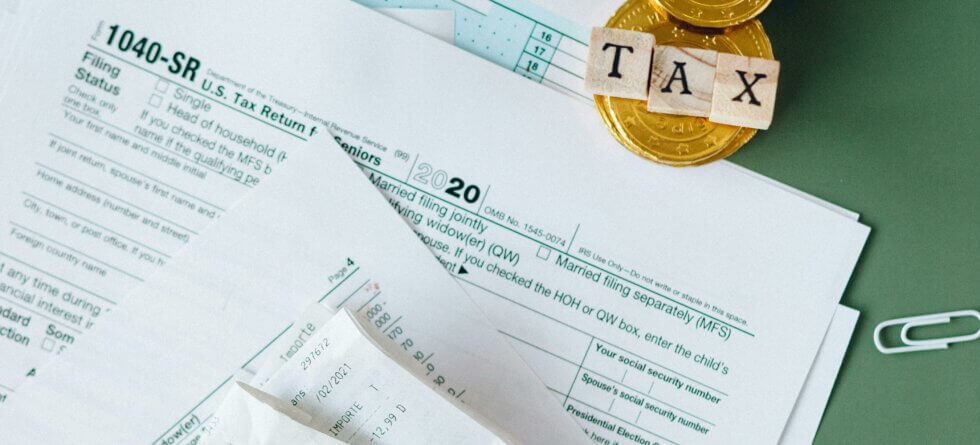No, businesses do not always owe taxes. Whether a business owes taxes depends on various factors, including its profitability, tax deductions, credits, and other tax planning strategies.
Here are some scenarios in which a business may not owe taxes…
- Losses – If a business incurs expenses that exceed its revenue, resulting in a net loss for the tax year, it may not owe taxes on its income. In fact, the business may be able to carry forward or carry back the loss to offset income in other tax years, reducing or eliminating its tax liability.
- Tax Credits – Businesses may be eligible for various tax credits, which directly reduce the amount of taxes owed. For example, businesses may claim credits for research and development expenses, renewable energy investments, hiring certain employees, or providing health insurance coverage to employees.
- Tax Deductions – Businesses can deduct allowable expenses from their taxable income, thereby reducing the amount of income subject to taxation. Common deductions for businesses include expenses such as rent, utilities, salaries, supplies, equipment, travel, and advertising.
- Tax Planning Strategies – Effective tax planning can help businesses minimize their tax liability by leveraging deductions, credits, timing income and expenses, structuring transactions strategically, and taking advantage of favorable tax provisions and incentives.
- Tax Exemptions – Some businesses, particularly nonprofit organizations, may qualify for tax-exempt status under certain conditions. Tax-exempt organizations are generally not subject to federal income tax on their exempt activities.
While businesses may not owe federal income tax in certain situations, they may still be subject to other taxes, such as state and local taxes, payroll taxes, sales taxes, and excise taxes. Tax laws and regulations are complex and subject to change, so it’s advisable for businesses to seek guidance from tax professionals or accountants to ensure compliance and optimize their tax position.




